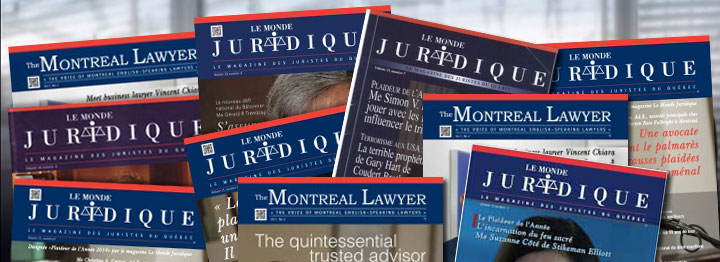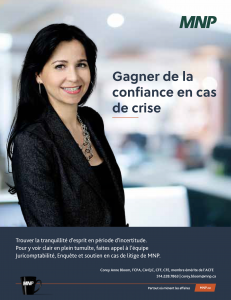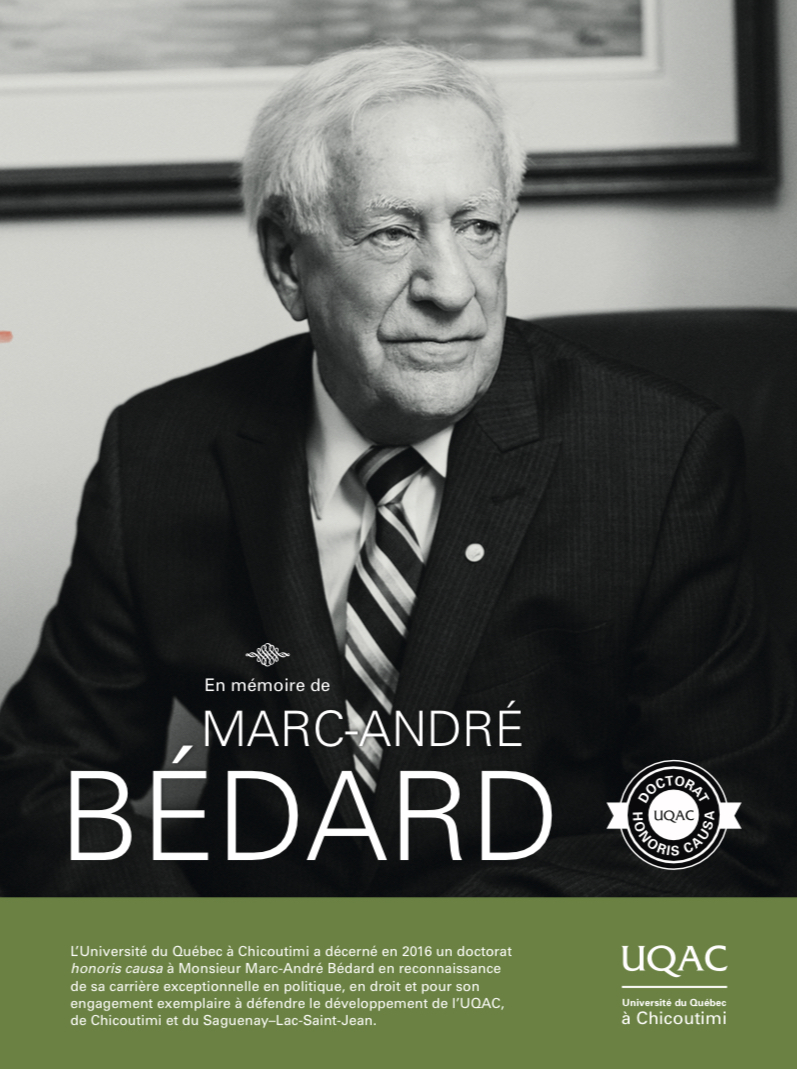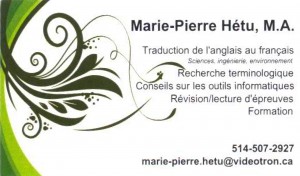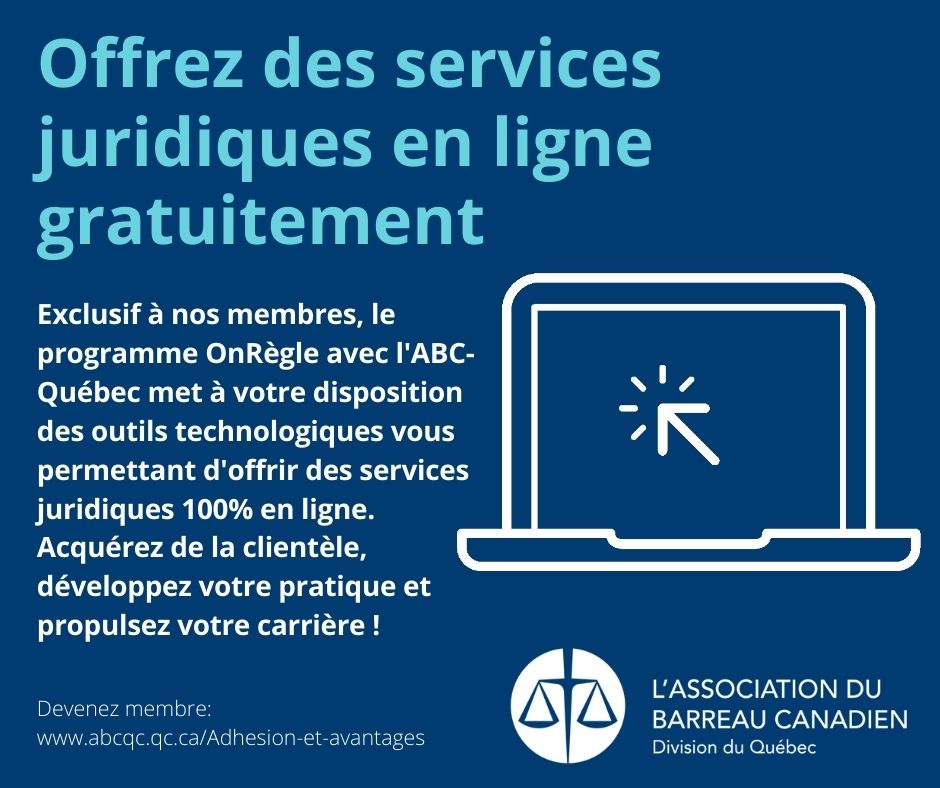Canadian law-firm founder Roy Heenan hailed for his vision
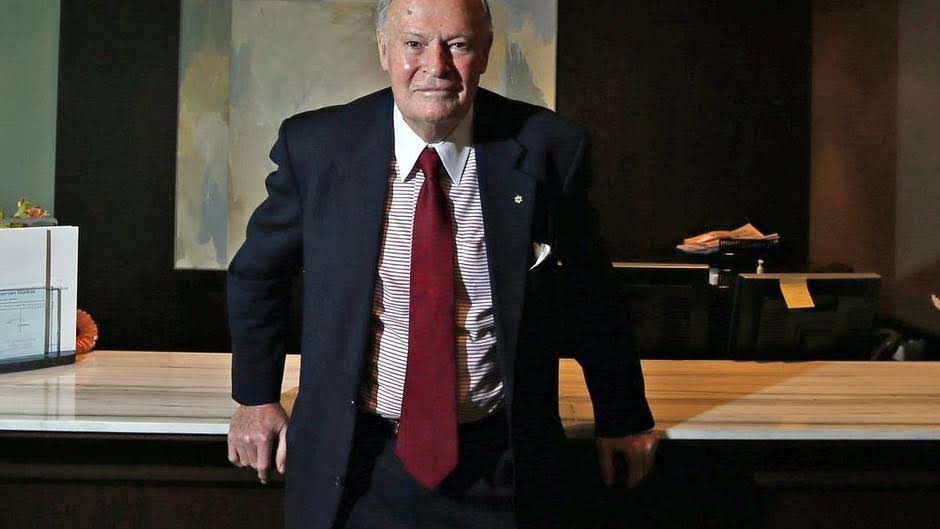
Roy Heenan formed the prestigious law firm that bore his name with a handshake agreement in Montreal. It would later become one of the country’s first national firms, and employed the likes of former prime ministers Pierre Trudeau and Jean Chretien. (Christinne Muschi/The Globe and Mail)
In 2000, the last year of his life, Pierre Trudeau was invited to a ball hosted by the Aga Khan, the spiritual leader of the Ismaili branch of Islam.
Mr. Trudeau attended with his good friend and law partner, Roy Heenan.
Also present was another lawyer from Mr. Heenan’s firm, Peter Gall, who remembered that the event organizers asked Mr. Trudeau to say a few words but the former prime minister, a famously introverted person, wasn’t in the mood to address the crowd.
Instead, Mr. Gall recalled, Mr. Heenan stepped in and made an impromptu speech that enthralled people as he praised the contribution of the Ismaili Muslims and Mr. Trudeau’s role in admitting so many of them to Canada after their expulsion from Uganda in 1972.
It was a typical moment for Mr. Heenan, a larger-than-life character who was known for his wit, energy and friendship with Mr. Trudeau.
The founder of one of Canada’s largest law firms, the 81-year-old Mr. Heenan died on Friday from cancer, his daughter Louise said.
“We’ve lost a truly great Canadian. He built a law firm the likes of which we’ll never see again,” Mr. Gall said in an interview.
Famously founded with a handshake agreement between three young Montreal lawyers, the firm, which became Heenan Blaikie, expanded across Canada and overseas, then disbanded in 2014, two years after Mr. Heenan stepped down as chairman.
While two of the firm’s three co-founders, Peter Blaikie and Donald Johnston, became involved in federal politics, Mr. Heenan focused on running the firm, with a flair that enabled him to recruit marquee names such as the late Mr. Trudeau, another former prime minister, Jean Chrétien, former Quebec premier Pierre-Marc Johnson and retired Supreme Court justice Michel Bastarache.
Heenan Blaikie was a place that shunned the profit-driven, cutthroat ethos of other firms, Mr. Gall said, describing how Mr. Heenan fostered a team spirit and encouraged his lawyers to take on interesting cases rather than just lucrative ones.
“It was a most wonderful place to work,” Mr. Gall said.
Mr. Heenan was also a patron of the arts. When he met his future wife, Rae MacCulloch, they bought each other paintings, said their daughter Louise.
Their son, Charles, recalled growing up in a household where artists, including the Canadian painter Greg Curnoe, were often visitors and dinner guests.
Mr. Heenan once told Radio-Canada he owned between 1,200 and 1,500 pieces of artwork, which decorated all of his law firm’s offices across Canada. The collection featured mostly contemporary Canadian artists, such as Mr. Curnoe, Jean Dallaire or Alfred Pellan, but also included works by Chagall and Dali.
The man who would later become a prominent corporate labour lawyer and arts collector grew up with memories of riding donkeys to the family mine in Mexico; Roy Lacaud Heenan was born on Sept. 28, 1935, in Mexico City, the youngest of the two children of Ernest Heenan and the former Yvonne Lacaud.
His mother was from a French family that first immigrated to Argentina then later settled in Mexico, running various ventures in mining and banking.
His father, known as Pat, was a well-travelled insurance salesman. The family lived in China for two years, beginning when Roy was two years old.
The boy was partly raised by his maternal grandfather because, with China and Japan at war by the end of the 1930s, his mother went back to Mexico with the children while his father remained in China.
After the Second World War ended, the couple divorced and his mother immigrated to Canada.
While his mother lived in Montreal, Mr. Heenan spent his teenage years at a boarding school, Trinity College School, in Port Hope, Ont. He studied history and political science as an undergraduate at McGill University, then obtained a degree in civil law there in 1960.
At one point in the 1960s, early in his career as a labour lawyer, Mr. Heenan wandered into a gallery and found that looking at paintings helped alleviate the stress of his work, Louise said. That was the beginning of his love affair with modern art.
She noted that early in her parents’ relationship they exchanged paintings as gifts: her mother, a teacher, bought a $70 work while her father, a lawyer, spent $90 on his painting.
In 1973, Mr. Heenan and two other McGill alumni, Mr. Johnston and Mr. Blaikie, started their own law firm, Johnston, Heenan and Blaikie.
There was no formal contract, just their mutual trust.
“We had a happy firm where people liked each other. We didn’t try to be the highest-paid firm but the happiest firm in the country,” Mr. Heenan told The Globe and Mail in 2014.
Over four decades, what started as a Montreal boutique practice became one of Canada’s first national law firms as offices opened outside Quebec, in Toronto, Ottawa, Calgary, Vancouver and Kelowna, B.C.
The firm’s name changed when Mr. Johnston left in 1978 to serve as a federal Liberal cabinet minister. Mr. Blaikie became involved with the Progressive Conservative Party. But Mr. Heenan stayed at the firm. His contributions as a labour lawyer, university lecturer and patron of the arts were cited when he was named an officer of the Order of Canada in 1998.
Mr. Heenan brought major clients to the firm – the CBC, Air Canada, Canada Post – but didn’t hoard them to himself, as he urged the firm’s lawyers to be generous to each other, Mr. Gall said.
There was also his magic touch in recruiting big names.
When Mr. Trudeau was looking for a place to work after leaving politics in 1984, Mr. Heenan understood that the former prime minister didn’t want to join a law firm to make money or make contacts, Mr. Gall noted.
Mr. Heenan didn’t seek to use Mr. Trudeau to generate business. “He just wanted to provide a space for Pierre to do what he believed in,” Mr. Gall said.
The two became close friends and often travelled together. They were both men of great intellect and Mr. Heenan, gregarious and a born raconteur, complemented the more reserved Mr. Trudeau, his son, Charles, said.
“Roy would entertain the table so Pierre wouldn’t have to.”
They often holidayed together, united by their common love for skiing. Mr. Heenan once told The Globe and Mail about a trip he and Mr. Trudeau made to the Mayan ruins of Tikal, in Guatemala. “I got a knock at my door at 4 a.m. By 5, he was climbing the pyramids.”
After Mr. Trudeau died in 2000, Mr. Heenan gave one of the eulogies during the funeral at Montreal’s Notre Dame Basilica.
“Today, we say au revoir to Pierre and we bury the body. But the vision continues, the vision lives,” he said.
Mr. Heenan stepped down as his law firm’s chairman in 2012. He was saddened by what happened next. Beset by infighting and a growing exodus of partners, Heenan Blaikie dissolved in February, 2014, the largest failure of a law firm in Canadian history.
“We needed visionary, charismatic leadership. We were unable to fill his shoes,” Mr. Gall said.
For several years, Mr. Heenan had battled prostate cancer, the same illness that befell his friend, Mr. Trudeau, Louise said.
Mr. Gall said he spoke to Mr. Heenan two weeks ago.
He said his friend’s voice was frail but his spirits were high. He said Mr. Heenan talked about seeing the French Open tennis tournament in Paris in June. “I don’t think,” Mr. Gall said, “that they make people like that any more.”
Mr. Gall and other former Heenan Blaikie lawyers in Vancouver have started a new law firm “based on Roy Heenan’s model and vision.”
Mr. Heenan leaves his wife, Rae; their four children, Louise, Charles, Anne and Claire; and four grandchildren.
Source : The Globe and Mail


